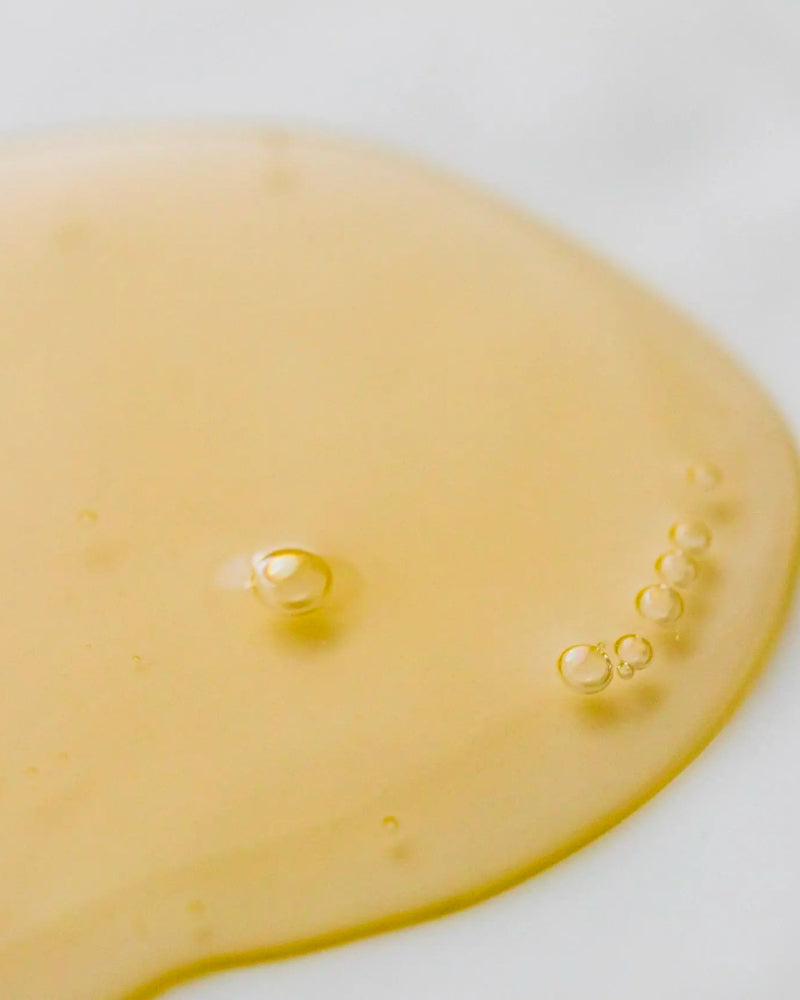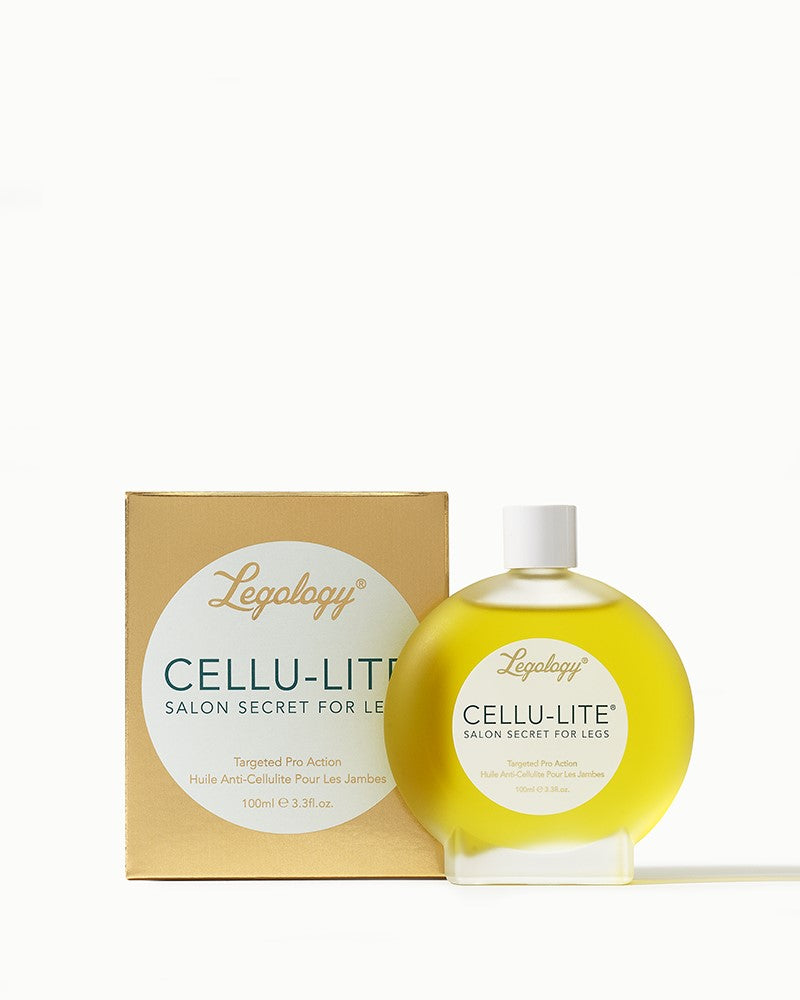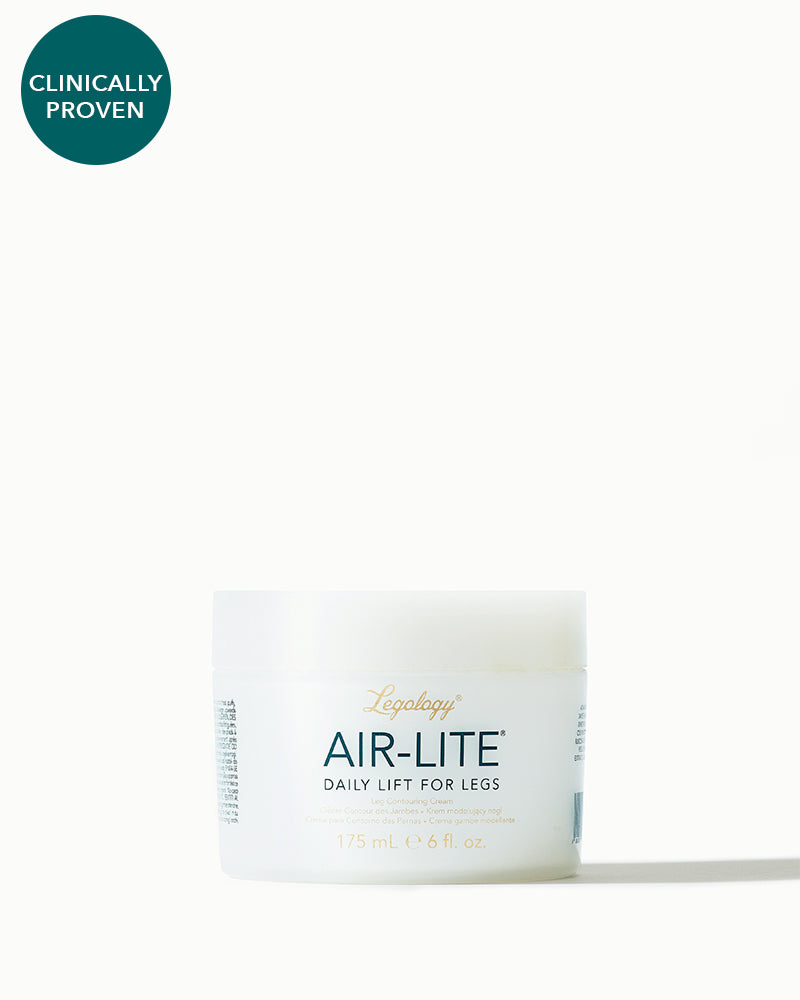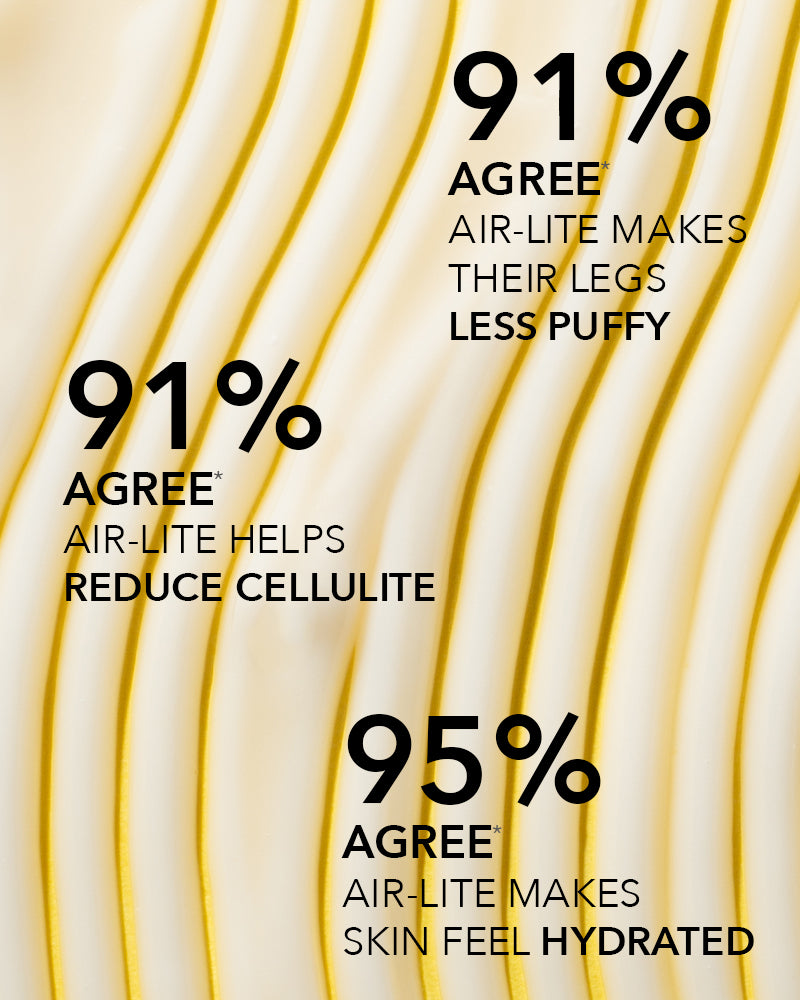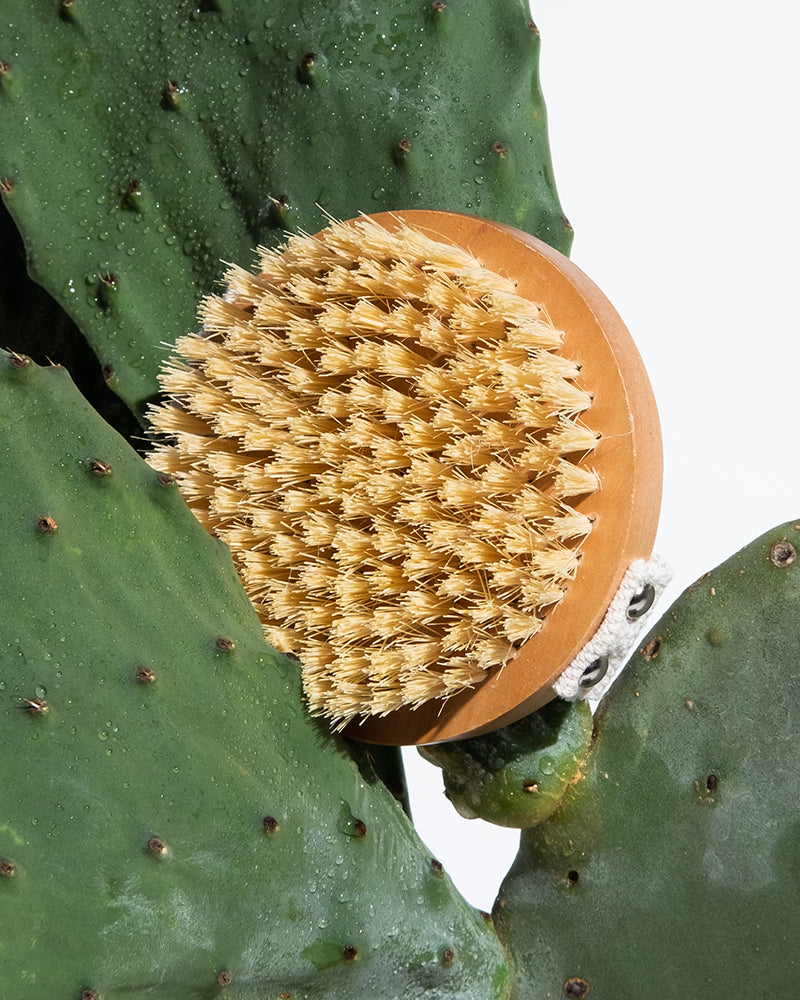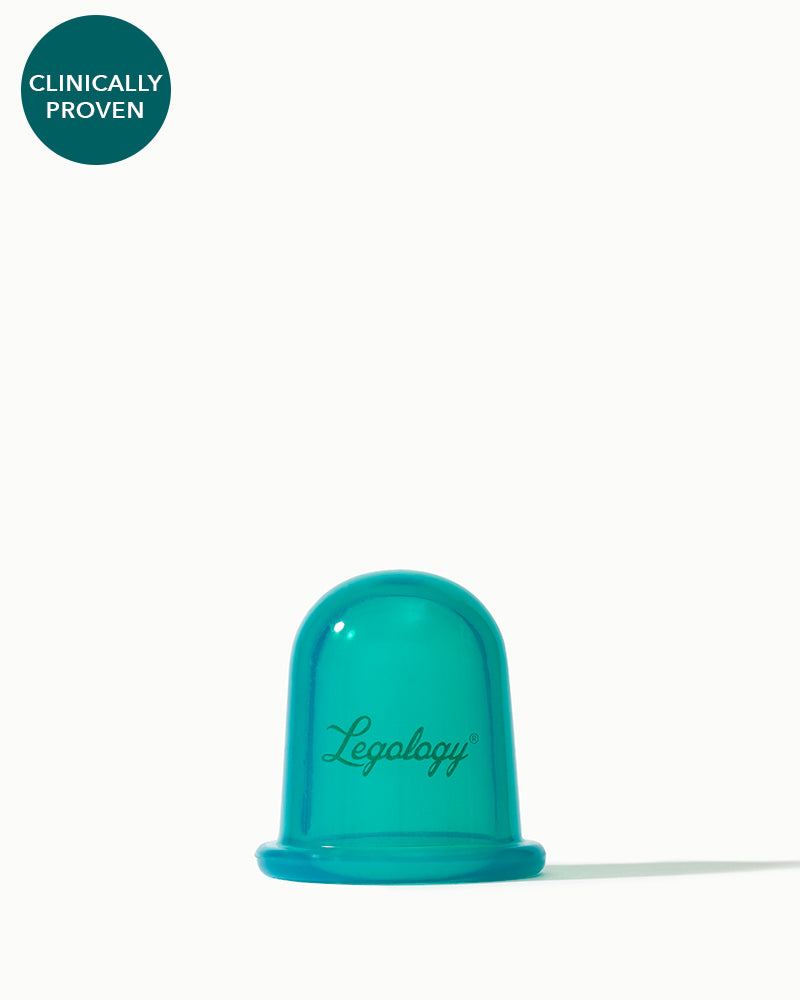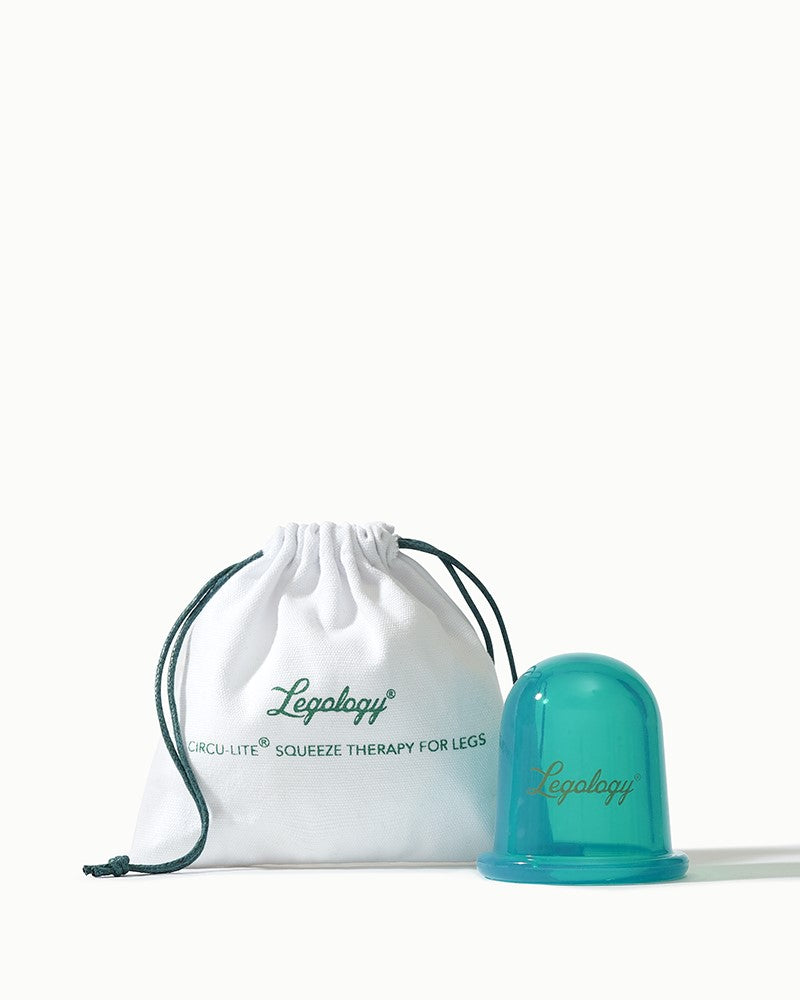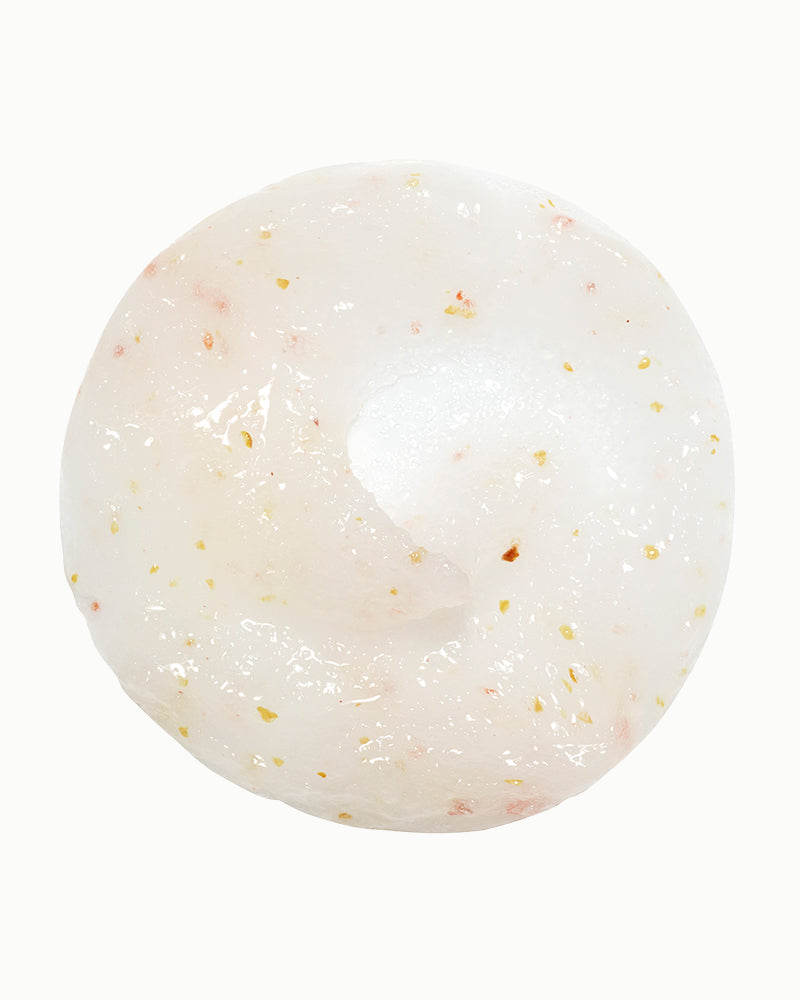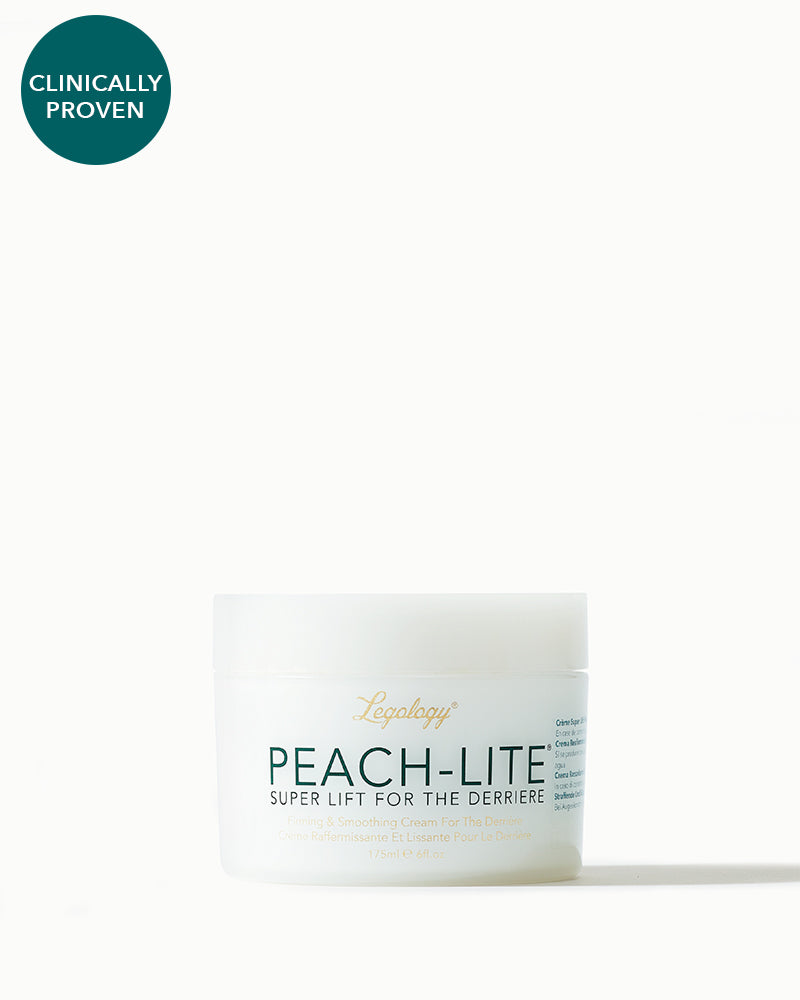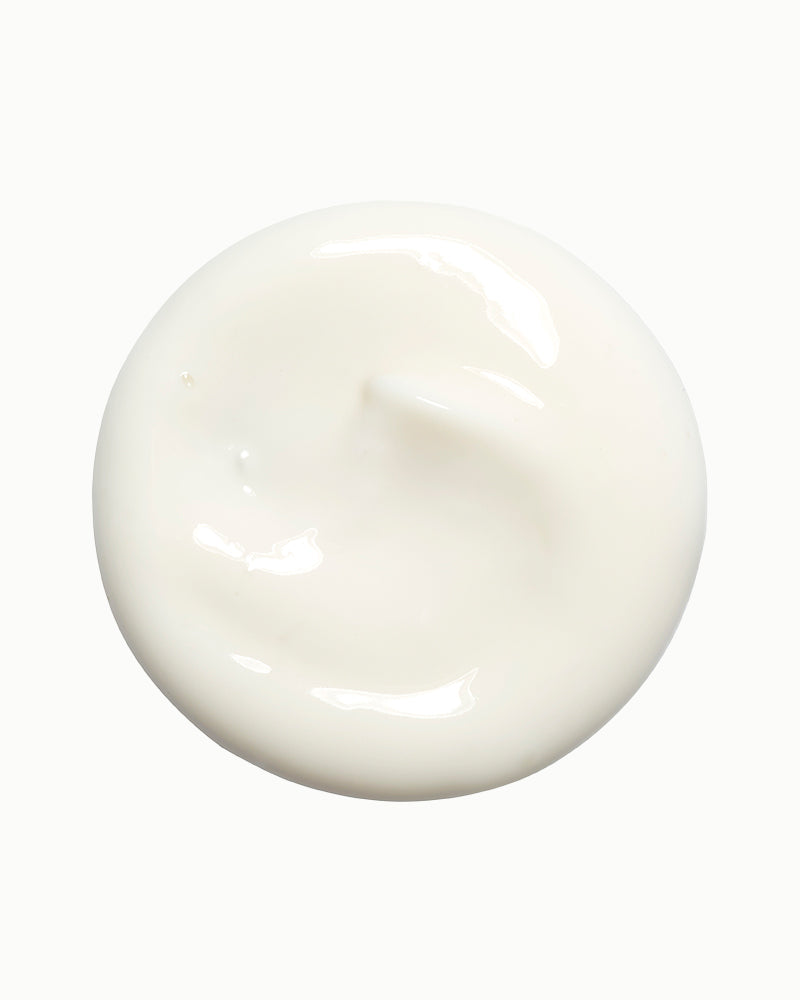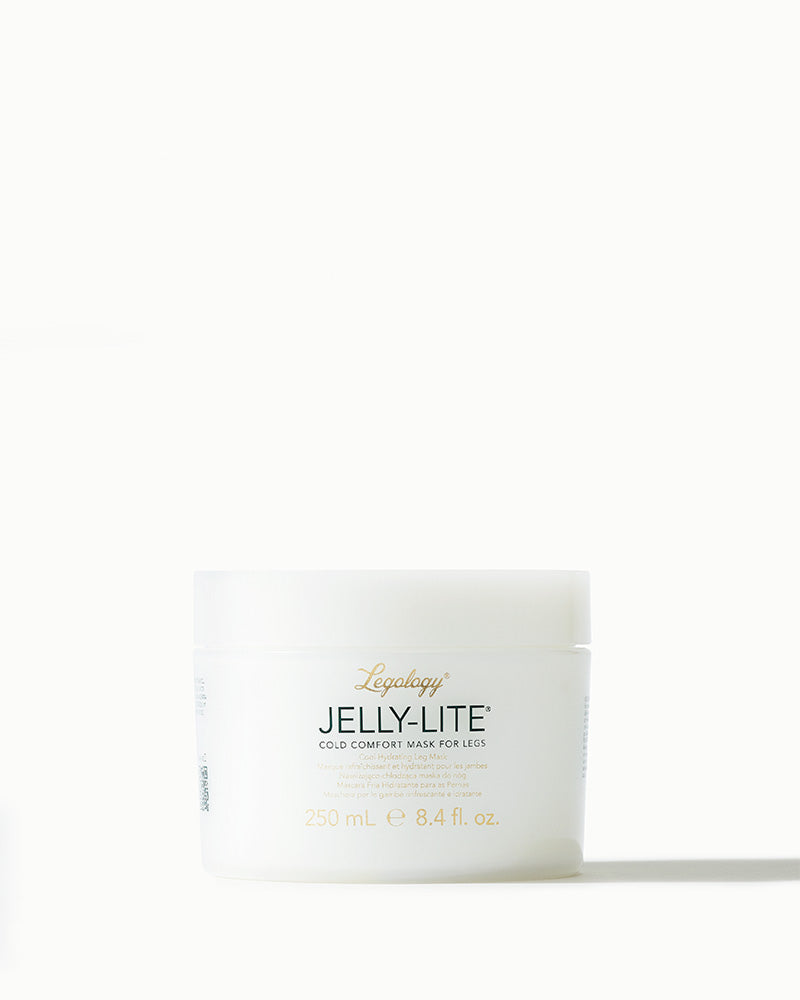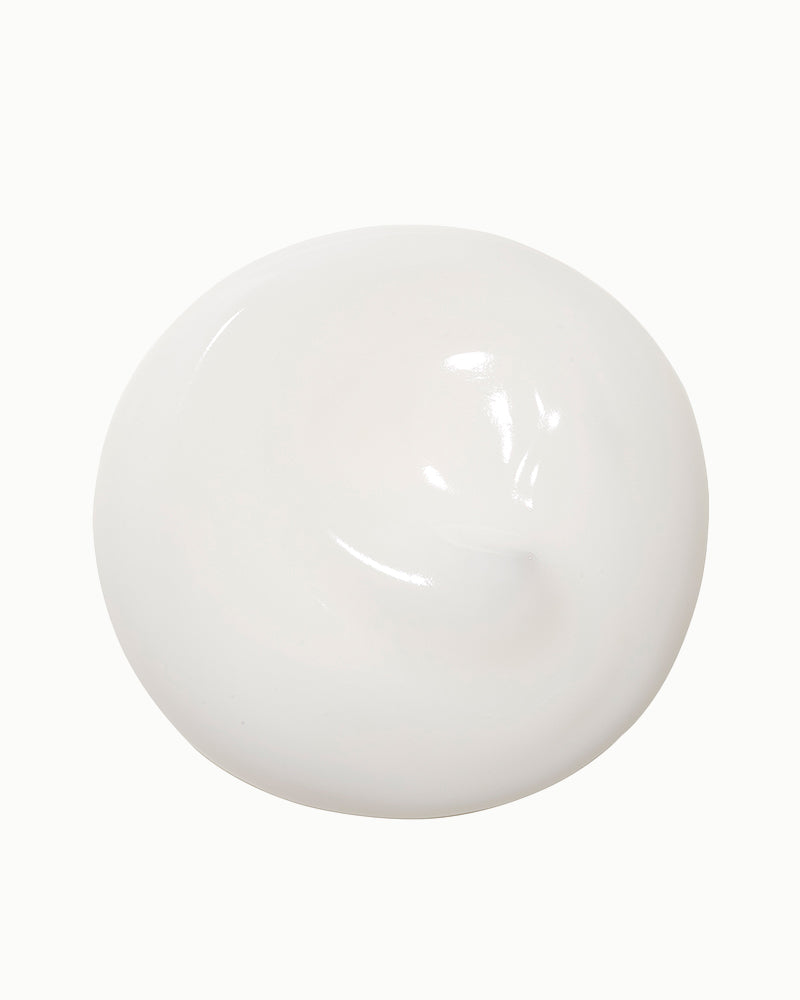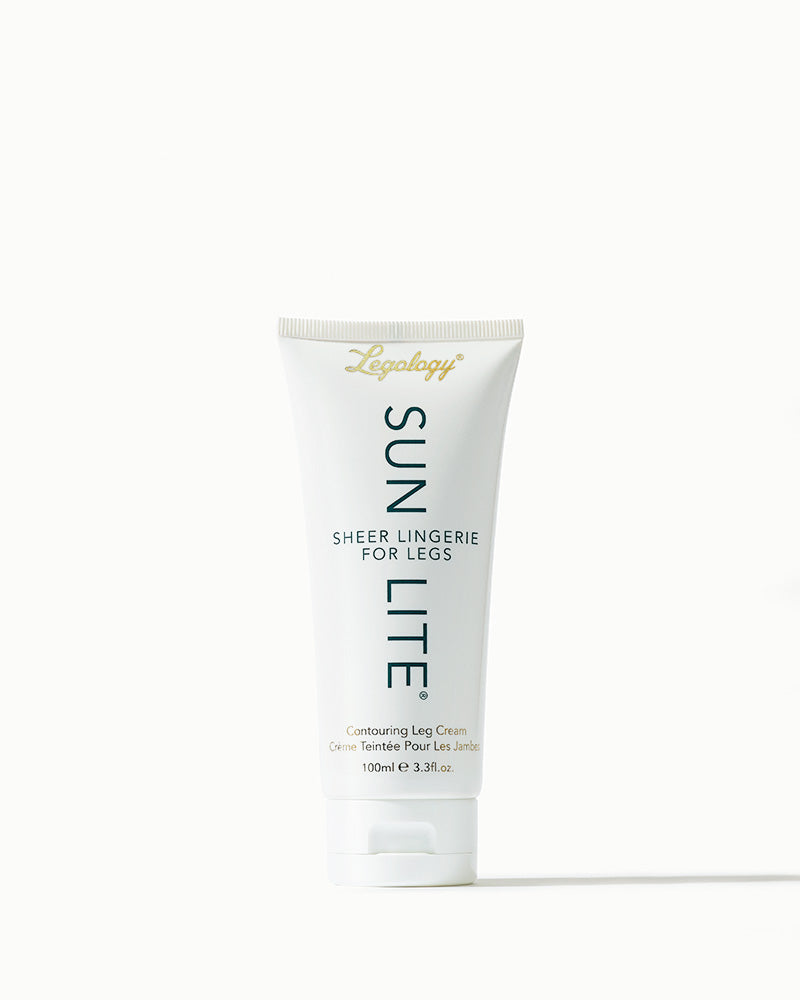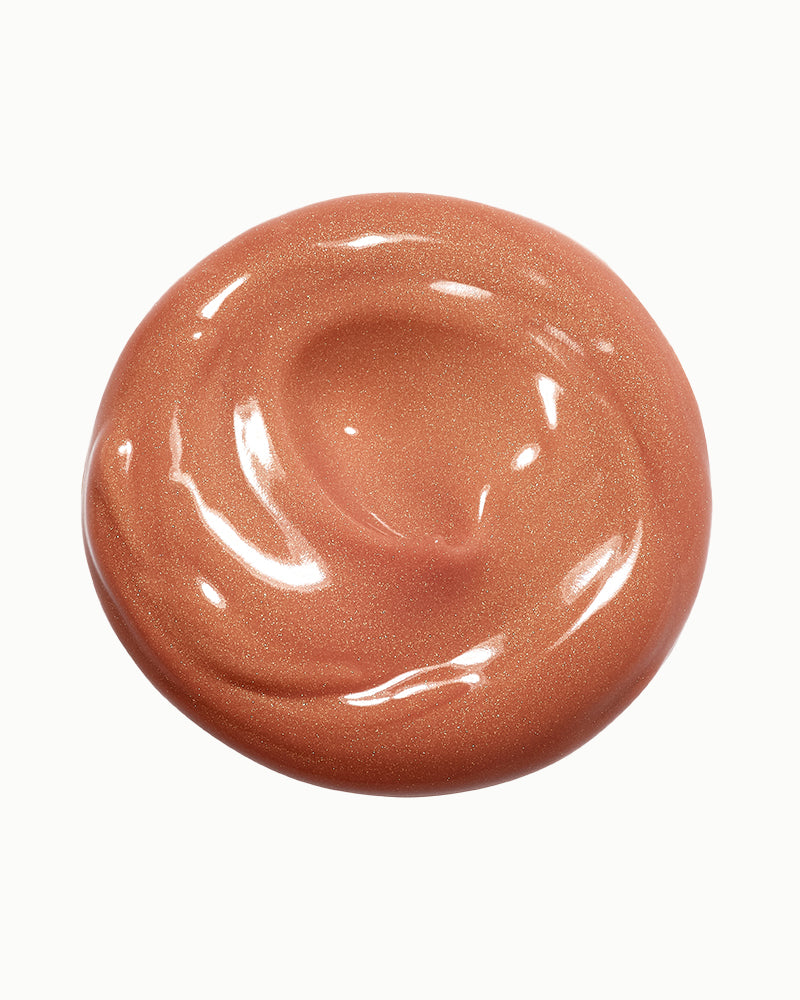What Signals The End Of Menopause?

Will it ever end? And how will I know when it has? These are two of the most asked questions that crop up for many of us in menopause. And we’re right to ask because recognising the signs of menopause ‘ending’ is as important as understanding the signs that it’s beginning.
The thing about menopause though, is that it doesn’t end suddenly – you don’t just wake up one morning and feel like you did when you were 25 (and nor should you) – just as it doesn’t begin overnight. It’s a nuanced, personal and – encouragingly – manageable shift into a new era of you.
Does menopause ever end?
Here’s a fun fact: menopause is technically only one day in your life! It’s the 12-month anniversary of your last period. The years leading up to that day are what’s known as peri-menopause, although people tend to refer to the overall natural transition as menopause. So if you’re wondering whether menopause will ever end the answer is yes!
How does menopause work?
Each woman is born with a certain number of eggs in her ovaries and our ovaries produce two key hormones – progesterone and oestrogen – which regulate menstruation and ovulation. As we get near menopause, the production of these hormones slows down. Menopause occurs when the ovaries stop releasing eggs and women stop menstruating. Periods can become a bit random in these years, and once you reach the 12 month marker – having not had a period for 12 months – things are finally official.
What are the effects of menopause?
Something to be positive about at this point is that for most of us periods stop – hurrah! – although some women who embark on HRT do find that they still experience cramping and some breakthrough bleeding.
Sorry, I’m going to say it, because while HRT is a complete saviour for many it can have side effects and these are two that come as a surprise to many women.
What signals the beginning of menopause?
The less fun fact is that while menopause is normal, healthy and – these days – more manageable, the transition is unique to each woman and can consist of any (or many) of the 34 signs and symptoms of menopause.
Some of these are not very comfortable – hot flushes, brain fog, mood swings and achy bones are just a few – and while there are ways to ease these symptoms too many of us still don’t seek out, or get even when asking, the right support.
Every day following the 12-month anniversary of your last period you are post- menopause. The signs and symptoms experienced during peri-menopause may persist for a few years into post-menopause, but most women report feeling better at this time.
What signals the end of menopause and when does menopause end?
Well, boundless energy, improved focus and libido – incredible after years of undeserved weariness, confusion and lack of desire! – are all waiting on the other side of that day.
For many, sleep problems subside – in fact, women often need and feel well on less sleep in the years after menopause – and their body begins to feel more in harmony. There is an intuitive sense that your mojo has returned and your body is adjusting to the ‘new normal’ of your hormone levels.
Smoother, more serene times are ahead as hormones stabilise further, and while most of the transitional menopausal discomfort subsides it is wise to consider the new needs your body has, especially in relation to lower oestrogen levels. This is why self-care is so important in this new life chapter, to nurture and support your body.
Many continue with HRT, and others rely on plant-powered supplements. However, all of us should ensure that we eat well – plenty of oily fish, protein, sufficient dairy and green, leafy vegetables – and keep as active as possible to stay flexible and keep our lymph flowing well to ensure good elimination and drainage.
Keep an eye on Legology’s blog to read more about menopause and how you can make things smoother, easier and more comfortable.


